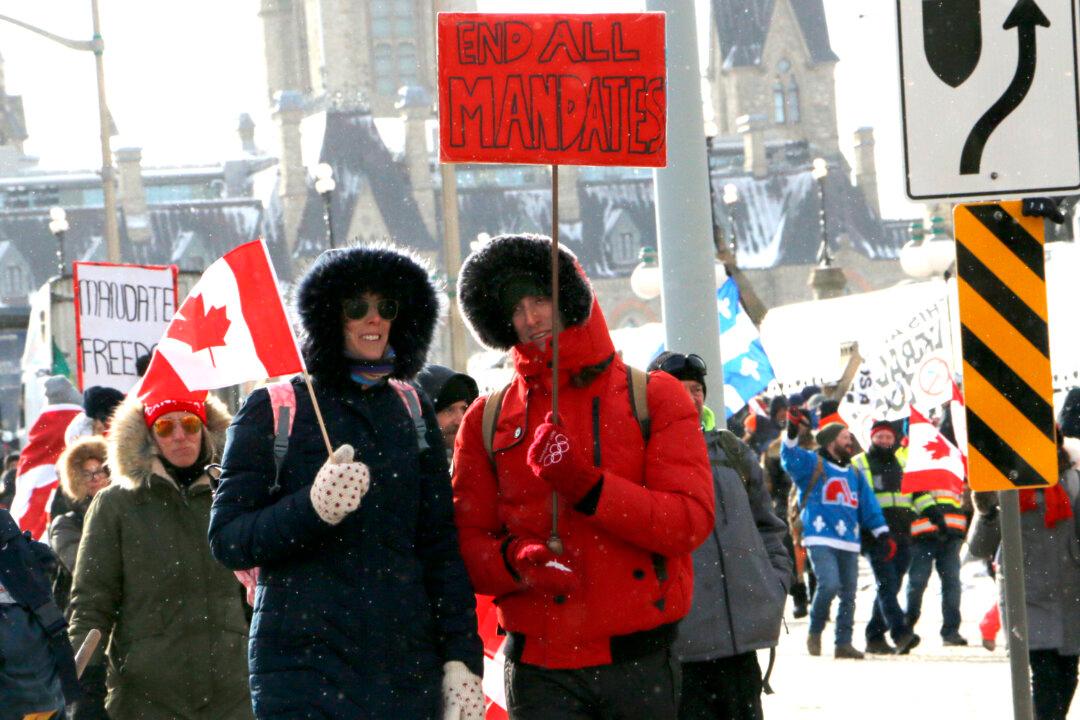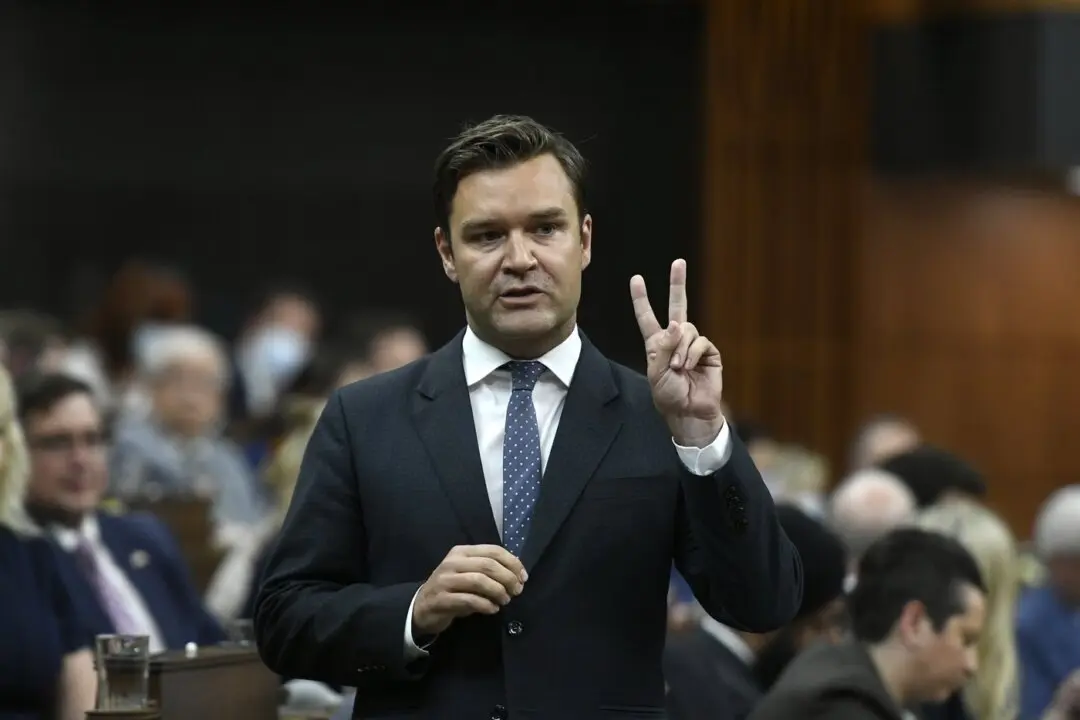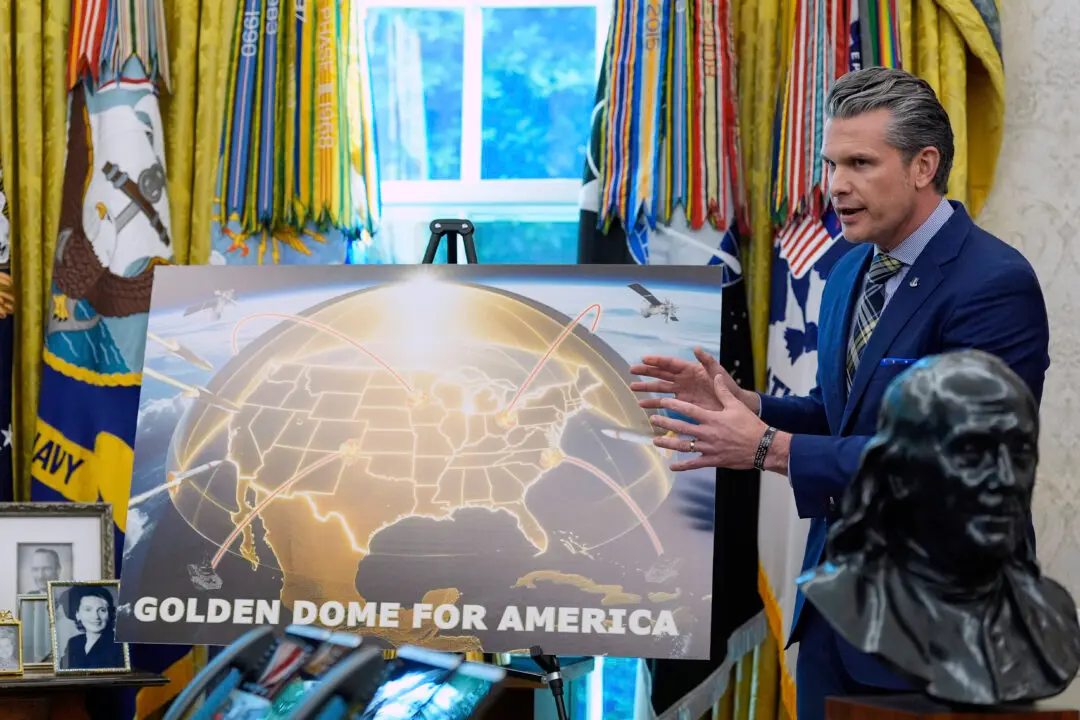The cross-country protests and blockades of last winter demanding the lifting of COVID-19 restrictions were not a national security threat, according to RCMP Commissioner Brenda Lucki.
“There was some snippets of information on open source, and that came through intelligence—things that were similar to the storming of the Parliament—but none of it manifested itself, so it wasn’t a national security threat, it was a national event,” Lucki told the Public Order Emergency Commission on Nov. 15.





